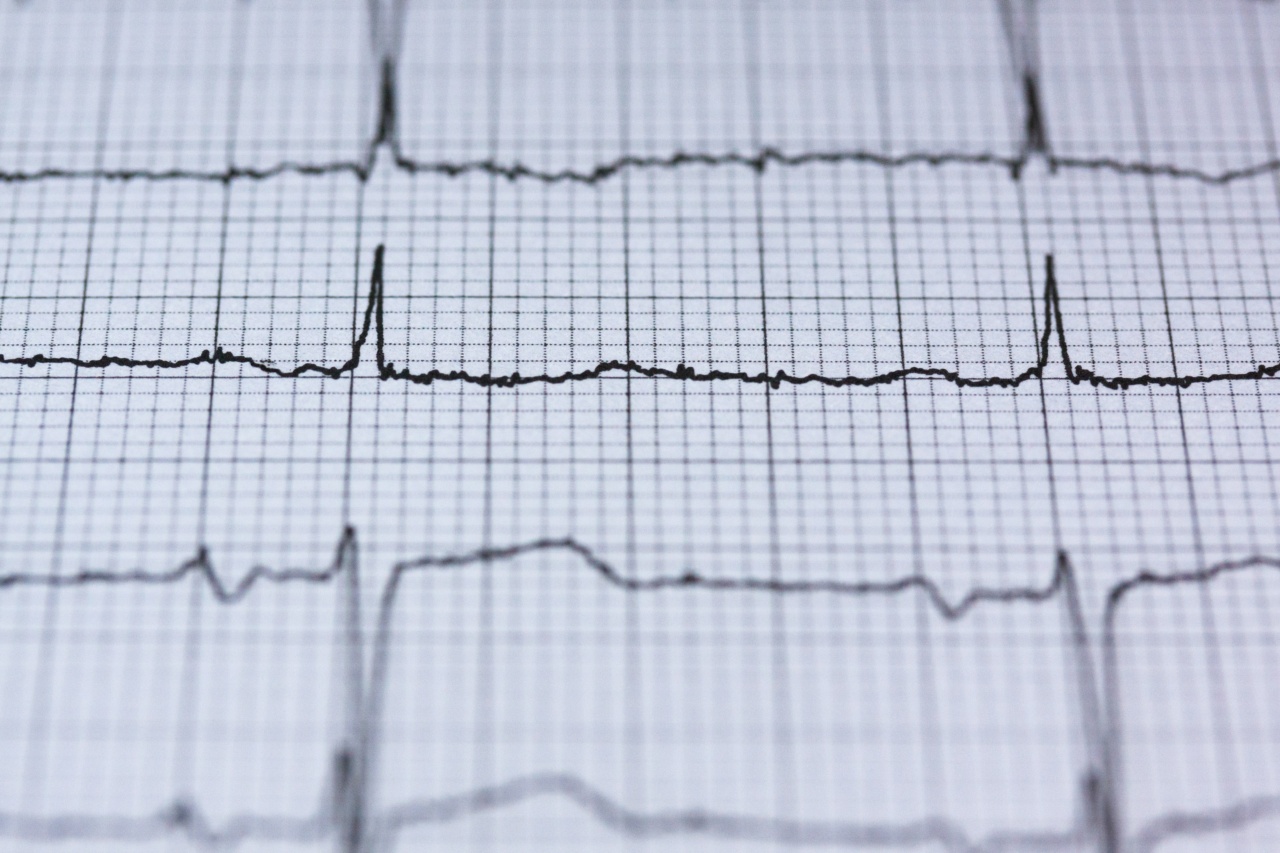A heart attack, also known as a myocardial infarction, is a life-threatening event that occurs when the blood flow to the heart muscle is blocked.
It is a result of various contributing factors, including lifestyle choices, pre-existing medical conditions, and genetic predisposition. However, the good news is that many heart attacks can be prevented by understanding and managing these factors effectively.
In this comprehensive chart, we will explore the key contributors to heart attacks and provide you with essential information to help you avoid this cardiac emergency.
1. Smoking
Smoking is a major risk factor for heart attacks. The chemicals present in tobacco smoke damage blood vessels and increase the formation of fatty deposits in the arteries (atherosclerosis), causing narrowing and blockages.
Quitting smoking is critical for reducing the risk of heart attacks. Seek support from healthcare professionals or join smoking cessation programs to overcome this habit.
2. High Blood Pressure
Uncontrolled high blood pressure (hypertension) puts excessive strain on the heart and blood vessels, increasing the risk of heart attacks.
Regular monitoring of blood pressure and timely intervention with medication, lifestyle changes, and stress management techniques can help maintain healthy blood pressure levels and reduce the chances of a heart attack.
3. High Cholesterol Levels
Elevated levels of cholesterol, particularly low-density lipoprotein (LDL) or “bad” cholesterol, contribute to the formation of plaque in the arteries, leading to atherosclerosis and heart attacks.
Adopting a low-cholesterol diet, engaging in regular physical activity, and taking prescribed cholesterol-lowering medications can effectively manage cholesterol levels and decrease the risk of heart disease.
4. Obesity and Sedentary Lifestyle
Being overweight or obese increases the likelihood of several factors that contribute to heart attacks, including high blood pressure, diabetes, and abnormal cholesterol levels.
Incorporating regular physical activity and maintaining a healthy weight through a well-balanced diet can significantly reduce the risk of heart disease.
5. Diabetes
Diabetes, especially when uncontrolled, significantly raises the chances of heart attacks. High blood sugar levels damage blood vessels and nerves, making the heart more susceptible to cardiovascular complications.
Proper management of diabetes through medication, blood sugar monitoring, and a healthy lifestyle is crucial to minimize the risk of heart attacks.
6. Unhealthy Diet
A diet high in saturated and trans fats, cholesterol, sodium, and refined sugars increases the risk of heart attacks.
Opt for a heart-healthy diet rich in fruits, vegetables, whole grains, lean proteins, and healthy fats (such as omega-3 fatty acids), which can help maintain a healthy heart and reduce the probability of cardiovascular events.
7. Physical Inactivity
Leading a sedentary lifestyle is detrimental to heart health. Regular exercise promotes cardiovascular fitness, strengthens the heart muscle, improves blood circulation, and helps maintain a healthy weight.
Aim for at least 150 minutes of moderate-intensity aerobic exercise or 75 minutes of vigorous-intensity exercise per week, along with strength training activities.
8. Excessive Alcohol Consumption
While moderate alcohol consumption may have some potential cardiovascular benefits, excessive drinking can lead to high blood pressure, arrhythmias, and cardiomyopathy – all of which increase the risk of heart attacks.
Limit alcohol intake to moderate levels, which means up to one drink per day for women and up to two drinks per day for men.
9. Stress
Chronic stress can elevate blood pressure, contribute to unhealthy coping mechanisms such as smoking or overeating, and trigger heart attacks.
Implement stress management techniques such as meditation, deep breathing exercises, physical activity, and seeking support from loved ones or healthcare professionals to effectively manage stress levels.
10. Family History of Heart Disease
A family history of heart disease or heart attacks increases your vulnerability to similar conditions. Genetics plays a role in heart health, but it does not guarantee your fate.
Maintaining a healthy lifestyle, regular health check-ups, and communicating with your healthcare provider can help mitigate the impact of genetic factors.
By addressing these contributing factors, you can significantly reduce the likelihood of experiencing a heart attack.
It is crucial to make positive lifestyle changes, monitor your health regularly, and consult with healthcare professionals to develop an individualized prevention plan.



























